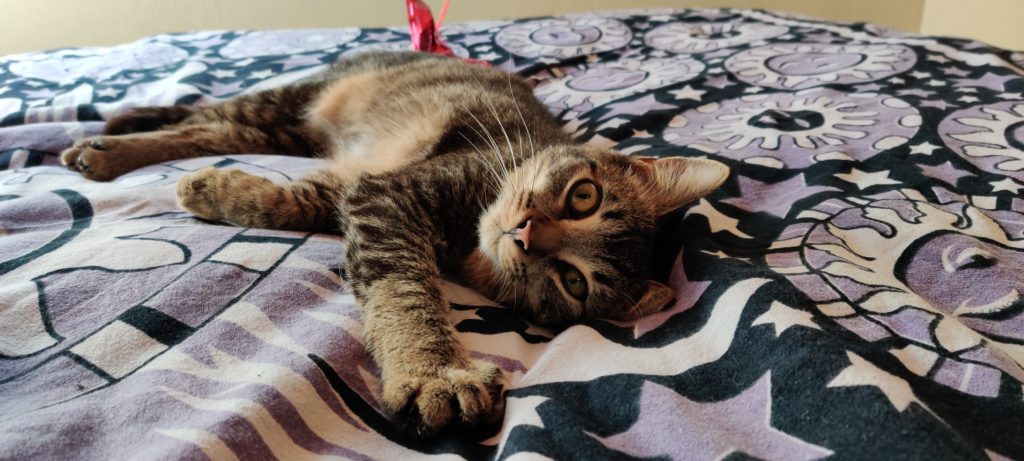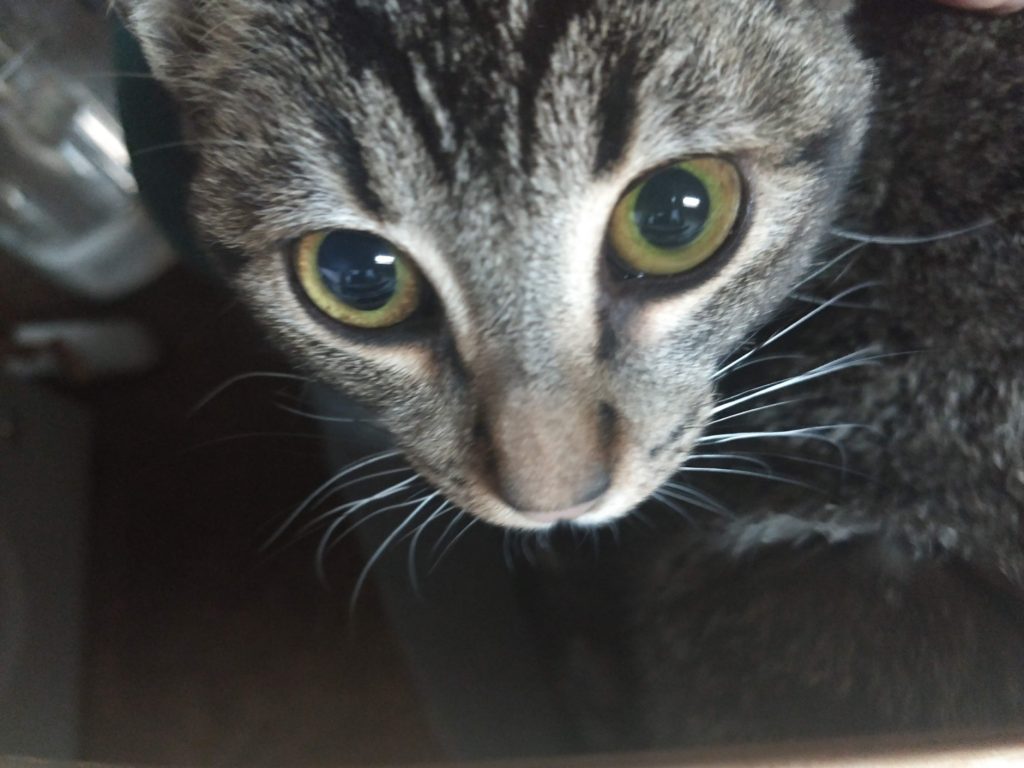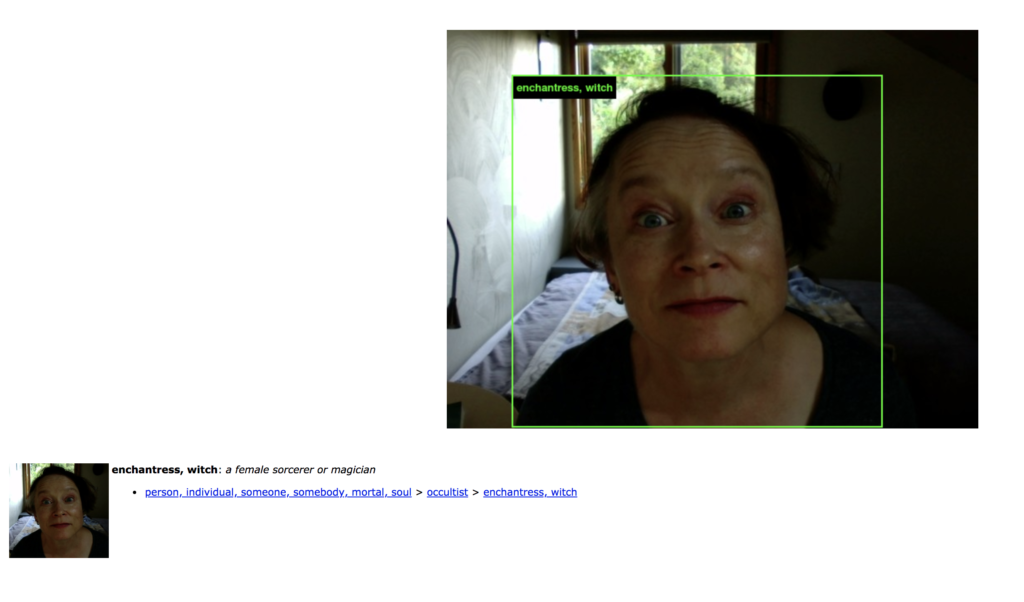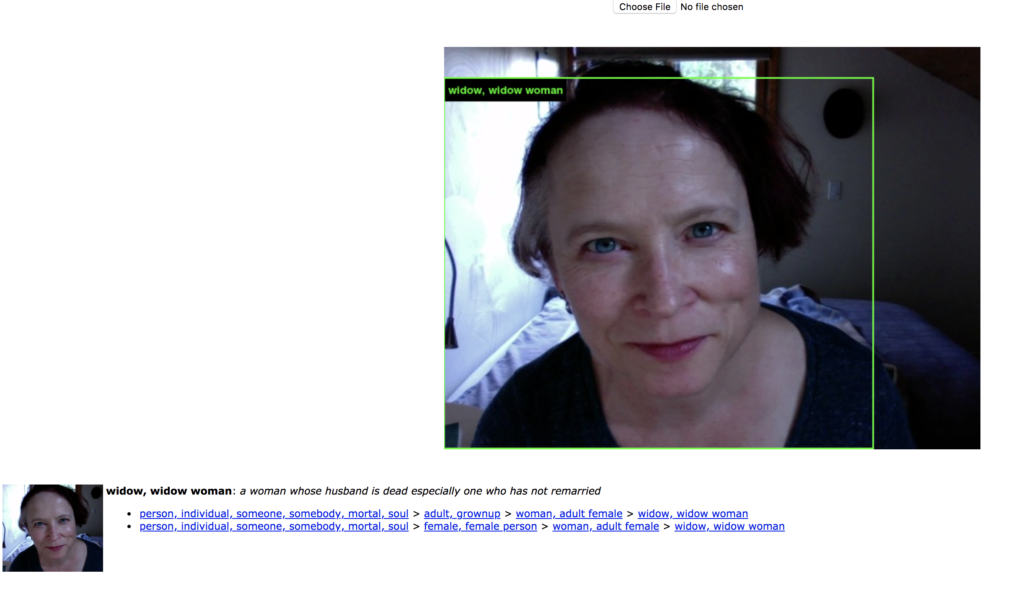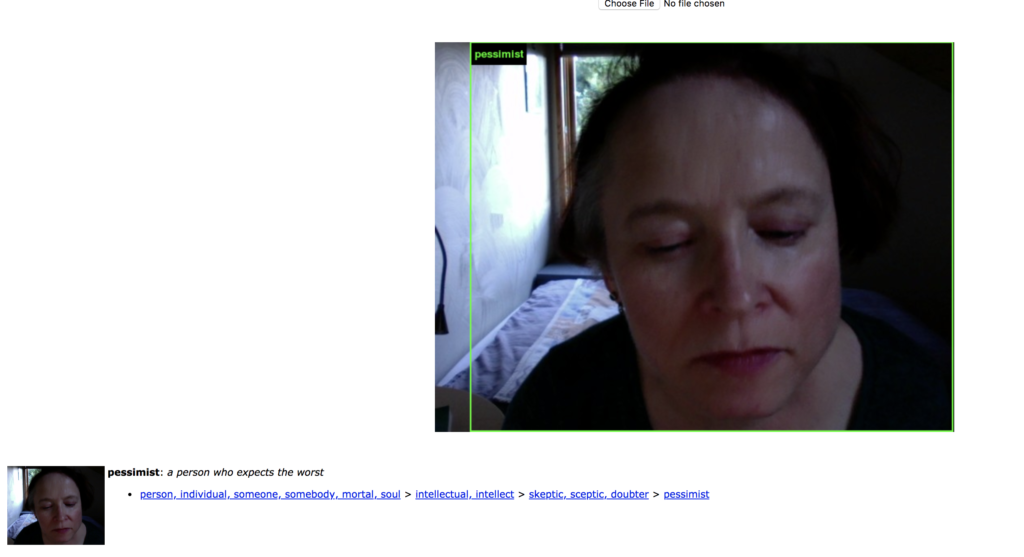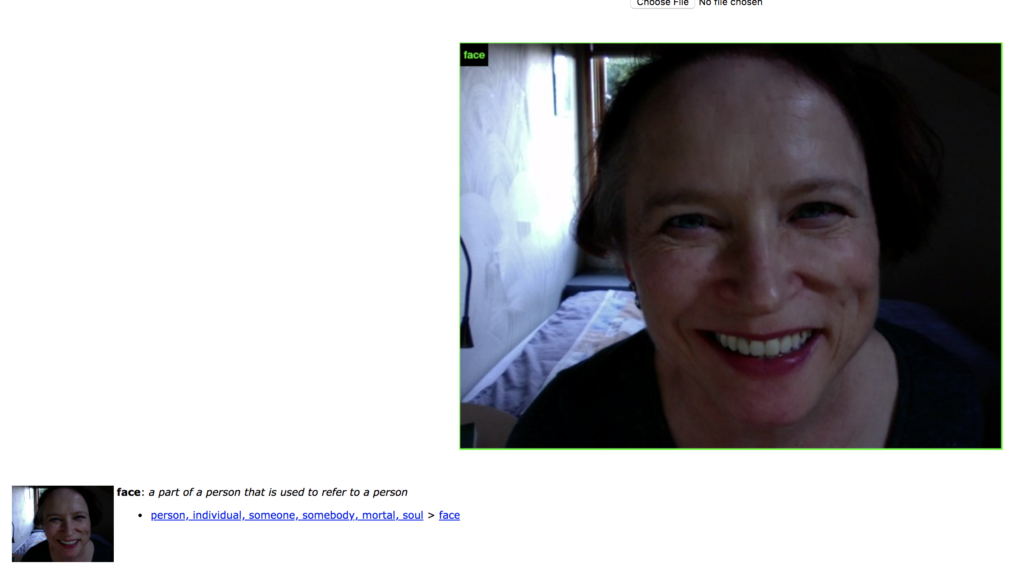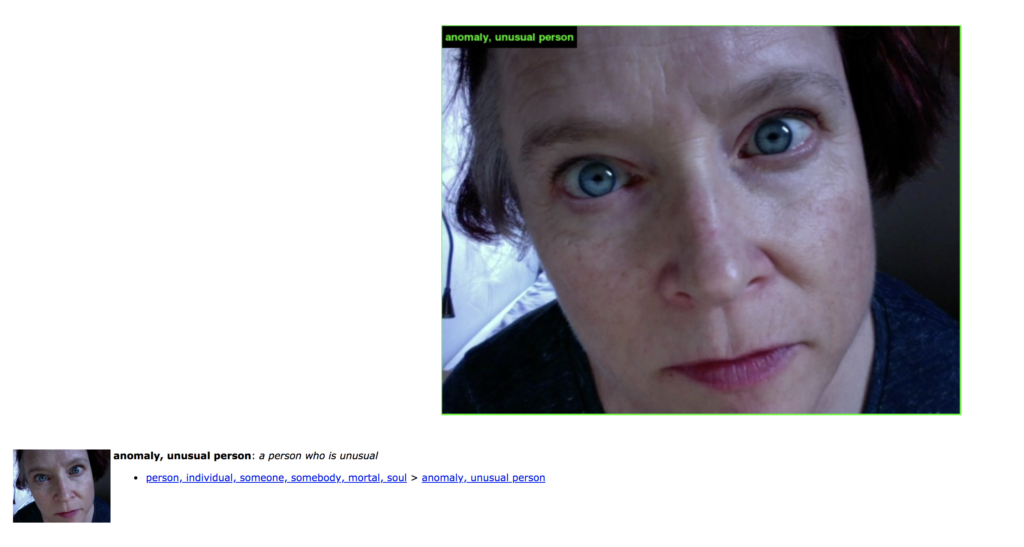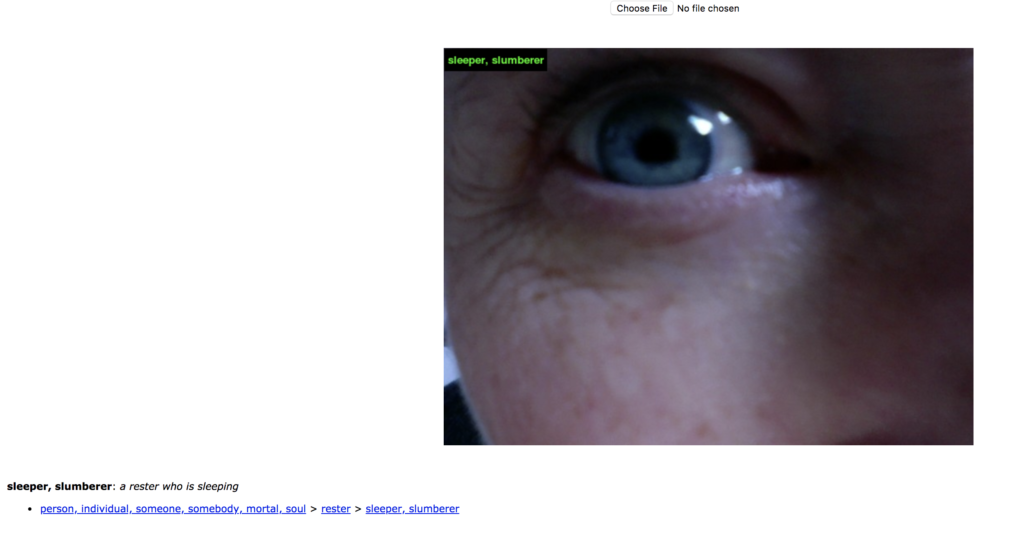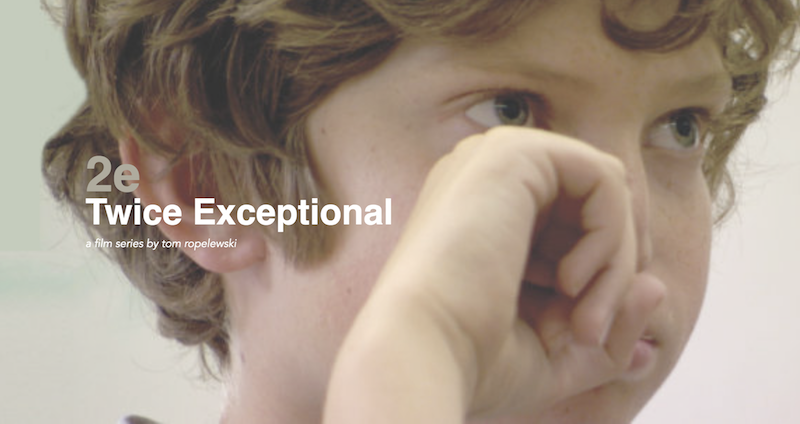I was ruminating on why so many people feel that parenting made them “better” people all around, and it occurred to me that parenting allows us to access our “best selves” in a way that is fully rewarding and not (usually) life-threatening.
By “best self” I mean that part of us that is fully engaged with being good and helpful without regard to any mitigating factors.

It was a veteran’s best self that led him to enter a burning house, save some members of a family, and then perish trying to save more.
It was that best self that led Gandhi not to sit on a stagecoach floor, one of his first acts of nonviolent resistance.
When a New York secretary amassed a fortune, it was her best self that told her to live simply and leave the money for college scholarships.
We save our best selves…for good reason
This best self is one most of us don’t want to activate all the time: there are clearly situations where that self is willing to sacrifice everything when our logical brains will tell us not to.
Parenting gives us an easy way into accessing our best selves. More than any other people in the world, our children compel us to use our best selves even when it might hurt.
Why do we become parents?

In Medieval Europe, most women had two choices: join the church as a nun, or become a wife and—hopefully—mother.
But marriage was hardly an appealing option. The consequences of marriage were often death: from childbearing, during childbirth, or death from childbirth-caused conditions like fistula. Wives were legally owned by their husbands, who were legally allowed to treat them as they saw fit.
Not an appealing future, and no wonder that many women, as my teenage self would have advised, went to the convent instead.
Because children are worth the trouble!

Yet, here we are, the human race that has survived because so many women chose to make that sacrifice. Most modern women don’t enter a hospital fearing, as historical diaries confessed, that they are likely not to come home.
Parenting offers us a chance to access our best selves. It’s perhaps not a reason that most people consider when they decide to have children, but I believe it’s the reason why this difficult, often thankless task is one we repeat over and over.
